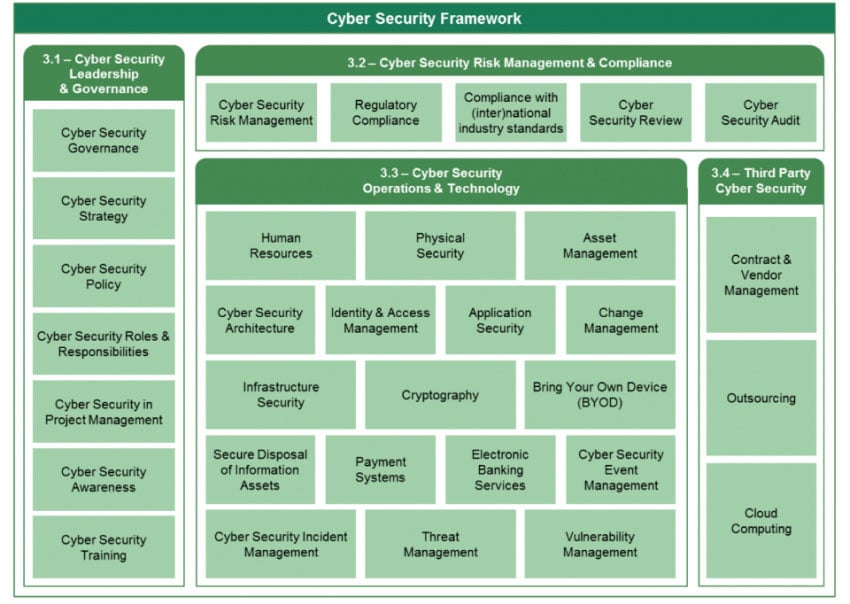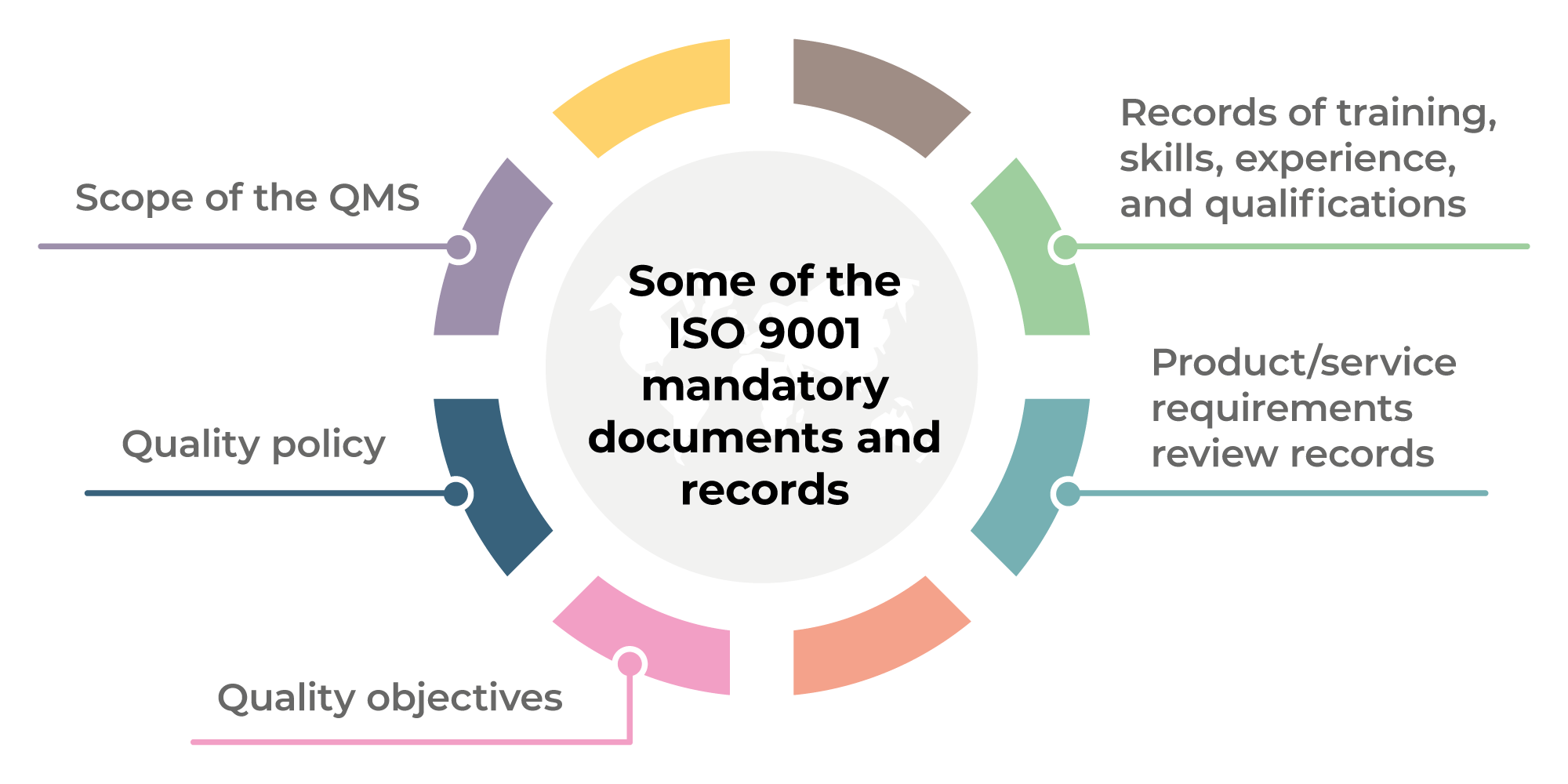
A manager is a professional who oversees a business' operations. Managers, unlike higher-ranking executives that focus on strategic matters, coordination and overall control, are more involved in the day to day operations of their businesses. Managers can interact with employees involved in the production, sale, and support of their firms. Below are key characteristics for a manager. You can read on to learn about this job description, and what it takes to be a manager.
Manager job description
A job specification is a description of the job's tasks, general duties, and responsibilities. This document is used to choose employees for a job. It may include details about a specific job title, but it should not be exhaustive. A manager's job description should include details about the duties of a general boss. This document is an important tool in the interview process. Writing a job description should be simple if you want a job.
The job description for a manager should reflect the objectives of an organization as well as their specific function. Managers can lead one group or another, but they may also lead a particular functional unit. A manager of global Outreach may not be directly responsible for a staff member, but they may have contact information in countries they are interested in. A recruiter's job description might not include a direct line report but must coordinate with other staff or hiring managers. For those who aren't sure what the exact job title is, keep reading!

Characteristics of a good manager
A strong manager must have many skills. They can also handle workplace conflicts in a constructive manner, and are willing to step in when conflict threatens the progress of work or the morale of a department. Managers who are good at giving constructive feedback to their staff members don't wait to finish the performance appraisal cycle. This allows them to continually align their team members with the company's goals.
Managers must have the ability to inspire confidence in their staff. It is not to be confused for cockiness or aggressive behavior. Managers who are good listeners and make informed decisions can delegate and hold others accountable. It can be hard to manage people but it is possible to make a good manager by doing self-introspection.
Typical career path for a manager
A management course can help to understand all aspects of running a business. Managers are often called generalists, but in reality they are specialists who can specialize in specific areas. Knowing the industry and its effects on the market economy is key to your success. There are many ways to be a manager. You can join a family business or run your own company.
A majority of careers require you to switch from doing one job to solving another. People who are able to solve problems can move up the ladder. A Human Resources Coordinator might hire two Marketing Associates to join a company. The Director of Human Resources can suggest strategies and then the Human Resources Coordinator will execute them. While these career paths might look similar, different companies may offer different job titles. Once you're established, you might be interested in moving up to a position as a COO or other senior management role.

Management skills required
A manager's skills include the ability to delegate, organize and lead. Management of people is not an easy job. Managers must have emotional intelligence and be able to adapt to new situations. Managers need to be able understand the needs and values of different individuals. To succeed as a manager, one must have a variety of skills. Some skills may not be tangible. Sling's team of experts have listed 15 people management skills that are essential for success.
Management positions require communication skills. Communication is crucial for motivating employees, managing expectations within the company, and resolving conflicts between members of the team. Managers must communicate well with colleagues and customers. Communicators are able to present complex ideas and influence others. All of these skills are necessary for success in management. While the skills required to be a manager might not be obvious when you start your career but they will ensure that you are successful in any type organization.
FAQ
What is the meaning of "project management?"
Management is the act of managing activities in order to complete a project.
We include defining the scope of the project, identifying the requirements, preparing the budget, organizing the project team, scheduling the work, monitoring progress, evaluating results, and closing down the project.
What are the most common errors made by managers?
Sometimes managers make their job harder than they need to.
They may not delegate enough responsibilities to staff and fail to give them adequate support.
Additionally, many managers lack communication skills that are necessary to motivate and direct their teams.
Managers sometimes set unrealistic expectations of their teams.
Managers might try to solve every problem by themselves rather than delegating the responsibility.
What are the 5 management processes?
The five stages of a business include planning, execution (monitoring), review, evaluation, and review.
Planning involves setting goals for the future. It includes defining what you want to achieve and how you plan to do it.
Execution is when you actually execute the plans. It is important to ensure that everyone follows the plans.
Monitoring is the process of evaluating your progress toward achieving your objectives. Regular reviews of performance against budgets and targets should be part of this process.
Review events take place at each year's end. These reviews allow you to evaluate whether the year was successful. If not, it is possible to make improvements for next year.
After the annual review is complete, evaluations are conducted. It helps identify which aspects worked well and which didn't. It also provides feedback regarding how people performed.
Statistics
- This field is expected to grow about 7% by 2028, a bit faster than the national average for job growth. (wgu.edu)
- The BLS says that financial services jobs like banking are expected to grow 4% by 2030, about as fast as the national average. (wgu.edu)
- UpCounsel accepts only the top 5 percent of lawyers on its site. (upcounsel.com)
- Hire the top business lawyers and save up to 60% on legal fees (upcounsel.com)
- Our program is 100% engineered for your success. (online.uc.edu)
External Links
How To
How do I get my Six Sigma license?
Six Sigma is a quality control tool that improves processes and increases efficiency. It is a process that helps businesses achieve consistent results in their operations. The name is derived from the Greek word "sigmas", which means "six". Motorola developed this process in 1986. Motorola realized that it was important to standardize manufacturing processes so they could produce products quicker and cheaper. They had been having problems with consistency because of the many different people who were doing the work. They decided to use statistical tools like control charts and Pareto analysis to solve the problem. These techniques would be applied to every aspect of the operation. After applying the technique, they could make improvements wherever there was potential. There are three main steps to follow when trying to get your Six Sigma certification. The first step is to find out if you're qualified. Before you can take any tests, you will need to take some classes. You can then start taking the tests once you have completed those classes. You will want to remember everything you learned in the class. Once you have completed the class, you will be ready for the test. If you pass, your certification will be granted. Finally, you can add your certifications on to your resume.